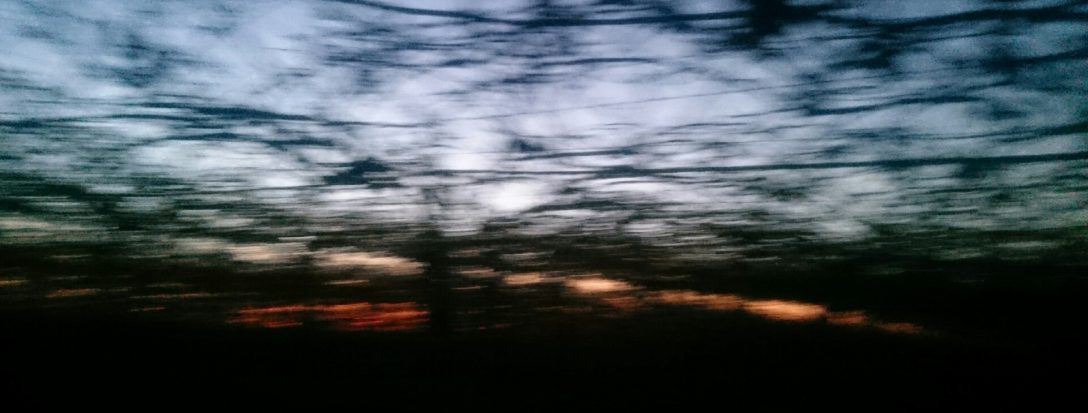A Woman who writes feels too much,
those trances and portents!
As if cycles and children and islands
weren’t enough; as if mourners and gossips
and vegetables were never enough.
She thinks she can warn the stars.
A writer is essentially a spy.
Dear love, I am that a girl.
A man who writes knows too much,
such spells and fetiches!
As if erections and congresses and products
weren’t enough; as if machines and galleons
and wars were never enough.
With used furniture he makes a tree.
A writer is essentially a crook.
Dear love, you are that a man.
Never loving ourselves,
hating even our shoes and our hats,
we love each other, precious, precious.
Our hands are light blue and gentle.
Our eyes are full of terrible confessions.
But when we marry,
the children leave in disgust.
There is too much food and no one left over
to eat up all the weird abundance.
Anne Sexton from “All My Pretty Ones (1962)
*
Una donna che scrive troppo è sensibile e sensuale,
quali estasi e portenti!
Come se mestrui bimbi ed isol
non fossero abbastanza; come se iettatori pettegoli
e ortaggi non fossero già abbastanza.
crede di poter prevedere gli astri.
Nell’essenza una scrittrice è una spia.
Amore mio, così son io ragazza.
Un uomo che scrive è troppo colto e cerebrale,
quali fatture e feticci!
Come se erezioni congressi e merci
non fossero abbastanza; come se macchine galeoni
e guerre non fossero già abbastanza.
Con un mobile usato costruisce un albero.
Nell’essenza uno scrittore è un ladro.
Amore mio, tu sei maschio così.
Mai amando noi stessi,
odiando anche le nostre scarpe, i nostri cappelli,
ci amiamo preziosa, prezioso.
Le nostre mani sono azzurre e gentili,
gli occhi pieni di tremende confessioni.
Ma quando ci sposiamo
ci abbandonano i figli, disgustati.
Il cibo è troppo e nessuno è restato
a mangiare l’estrosa abbondanza.
Traduzione di Rosaria Lo Russo in
“L’estrosa abbondanza” Crocetti editore 1997
